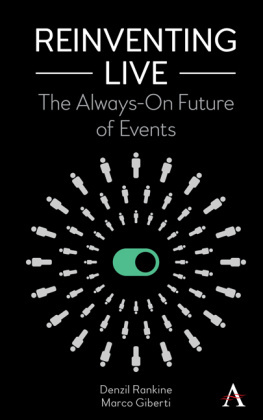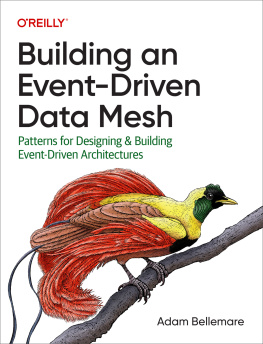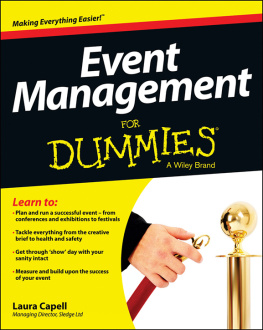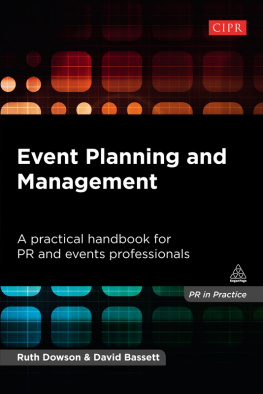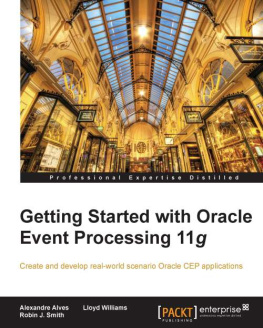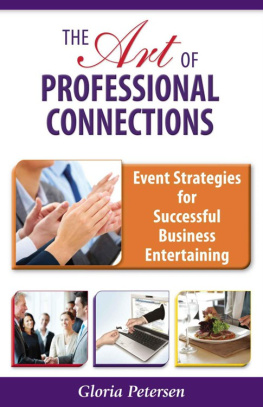Anthem Press
An imprint of Wimbledon Publishing Company
www.anthempress.com
This edition first published in UK and USA 2021
by ANTHEM PRESS
7576 Blackfriars Road, London SE1 8HA, UK
or PO Box 9779, London SW19 7ZG, UK
and
244 Madison Ave #116, New York, NY 10016, USA
Copyright Denzil Rankine and Marco Giberti 2021
The author asserts the moral right to be identified as the author of this work.
All rights reserved. Without limiting the rights under copyright reserved above,
no part of this publication may be reproduced, stored or introduced into
a retrieval system, or transmitted, in any form or by any means
(electronic, mechanical, photocopying, recording or otherwise),
without the prior written permission of both the copyright
owner and the above publisher of this book.
British Library Cataloguing-in-Publication Data
A catalogue record for this book is available from the British Library.
Library of Congress Control Number: 2020951570
ISBN-13: 978-1-78527-692-7 (Hbk)
ISBN-10: 1-78527-692-1 (Hbk)
This title is also available as an e-book.
Denzil Rankine and Marco Giberti
Denzil
Having already written five books, I was sure I had my fill. But then my friend Marco and I met in Colorado in March, the day before the Covid shutdown. In the short 24 hours before I dashed to the airport to catch the last flight out to the UK, we discussed just about every topic under the sun. And while we debated how the global pandemic might affect the world and change our lives, work, businesses, and reality, we were in absolute agreement about one thing. The impact on the events industry would be brutal, relentless, and transformative.
Of course, we already had ideas about how events needed to change. The pandemic merely became the catalyst, triggering the biggest turning point in the history of the global events industry and causing organizers and suppliers to be collectively concerned about their survival. All the major players are being forced to examine their business models and make radical, sweeping, and painful changes to adapt. Everyone is looking for a path forward.
We both knew we wanted to share our thinking on the changes needed and what the future of events might look like, so the idea of this book was born.
Florent Jarry, and other great colleagues of mine at AMR International, have been passionate about the transformation of the events industry for some years. To facilitate new thinking, we hosted the Transform series of events and roundtables. We also created the Exhibitions 2.0 concept, which addresses not only why things must change, but delivers a roadmap for transition. We strongly believe there is another way to engage and delight customers, strengthen events, and earn better returns.
This work has been both exciting and frustrating. We are excited by all the opportunity including the long list of tasks, processes, and workflows that can be executed more efficiently. But we have also been frustrated that the speed of change has been so slow. Without a burning platform, no events-industry equivalent of Google killing business-to-business (B2B) media or Amazon annihilating retail, there has been little impetus for profound structural change.
Although there have been positive, incremental changes and new ways of working before now, this is the pivotal moment in which bold strategies can transform event organizers into community catalyststhe next phase in the evolution of events. The transformation will not be easy or straightforward. New skills will be required, and some old, comfortable habits will have to be broken. Nevertheless, I am convinced that for those who want to embrace the new reality we find ourselves in, the events industry holds enormous potential.
Events are integral to how all business is conducted. This book looks at how we can modify the event model to accommodate a world that is fast-tracking to the future and pave the way for a new vanguard of Millennial and Gen Z leaders who see the world through a much different lens than the generations before them.
It is fulfilling to help organizers, associations, service providers, venues, and investors navigate the terrain of this now fast-changing landscape. I, along with my colleagues at AMR, am excited to finally be at the forefront of the evolution of the industry we have inhabited for decades.
Marco
When I co-wrote The Face of Digital with Jay Weintraub in 2017, our primary goal was to organize our thoughts as entrepreneurs and investors in events and event technology. We also wanted to share our perspectives with industry leaders about different ways technology could help improve processes and solve problems.
Only three years later, when the urge to write another book came over me, the whole industry and world had changed in many ways. So, I decided to partner with my friend Denzil who has spent his career as a strategic consultant, building AMR as a globally trusted and respected consulting firm in the events industry. His experience is a perfect complement to my tenure as an entrepreneur and operator building start-ups from scratch to exit in the media, events, and tech industries and the decade of work in my investment and advisory firm, Vesuvio Ventures.
This book is predicated on the idea that events were built to succeed hundreds of years ago, but they are built to fail in the twenty-first century unless event organizers are ready to reinvent themselves. Comparing events of yesterday to those of today is like comparing print magazines to the iPad or a VHS tape to Netflix. The concept is valid, but the form factor is outdated.
Online purchasing is replacing brick-and-mortar retail and Amazon is eating the world. Similarly, many events will soon become casualties unless event owners rethink the value proposition of their events. The event industry needs to accelerate change if it wants to grow and keep a relevant share of the marketing budget of leading corporations.
The future of events is a fascinating topic for us. From sports, music festivals, and business-to-consumer (B2C) events to B2B trade shows and corporate meetings, the events industry is a massive channel that touches billions of people worldwide every week, online and face to face. And almost every single industry member and category is being disrupted.
I believe that events, in general, will not disappear. They will continue to be a powerful marketing and experience channel, as well as the first point of contact between many buyers and brands. But with new buyers and sellers becoming increasingly entrenched in digital technologies, the cravings for better and more productive live-event experiences will increase.
There are a wide variety of challenges facing events. Online product sourcing is becoming more accessible and more efficient thanks to new digital players and existing technologies. A new generation of marketers is leveraging technology for buyerseller matchmaking and growing new customer communities outside the framework of in-person events.
But in the end, neither technology nor digital strategies are the most important changemakers. Boards and investors must push for the right leadership and accept a culture of experimentation, iteration, and change. Allowing failure, learning, and ultimate success means that effective leaders can challenge the

